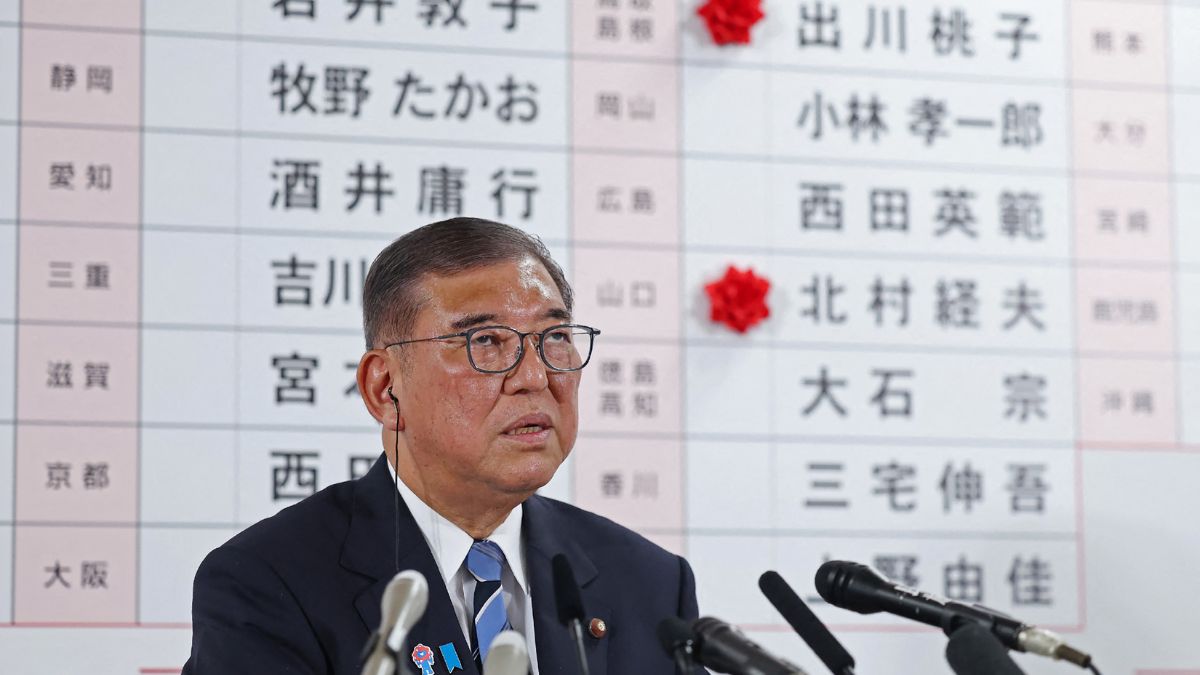Japanese Prime Minister Shigeru Ishiba on Wednesday reportedly said that he will resign from the post after last weekend’s poll put him and his Liberal Democratic Party at a precarious spot.
The news of Ishiba's resignation came hours after Japan secured a trade deal with the US that cut a threatened 25-per-cent tariff to 15 per cent ahead of an August 1 deadline.
Ishiba, 68, has led the ruling Liberal Democratic Party (LDP), which has dominated Japanese politics for decades, but saw its worst general election last year.
Since the October debacle, Ishiba called the early elections after winning LDP leadership in September; his coalition has been in a minority.
What happened in the Sunday vote?
Sunday’s upper house election was calamitous for Ishiba’s centre-right LDP, which has governed almost continuously since 1955. The LDP and its junior partner Komeito fell three seats short of retaining a majority.
Voters angry at inflation turned to other parties, notably the “Japanese first” Sanseito, whose “anti-globalist” drive echoes the agenda of populist movements elsewhere.
When will Ishiba resign?
According to the Japanese daily Mainichi, Ishiba will vacate his post by the end of August, while the Yomiuri newspaper said he would announce his resignation in July but did not give details of when he would leave office.
Ishiba won the party leadership in September, on his fifth try, to become the 10th LDP prime minister since 2000.
Since the October snap lower house election, the ruling coalition has been forced to bargain with opposition parties to pass legislation.
Why don’t people like the ruling bloc?
Last week, a poll by public broadcaster NHK showed Ishiba and his Cabinet’s popularity dipping. Support for Ishiba’s cabinet stood at 31 per cent, down from 34 per cent a week ago and 39 per cent in early June.
To help the public cope with rising prices, Ishiba is proposing one-off cash handouts, while most opposition parties have pledged in their campaign platforms to cut or abolish the sales tax.
The NHK survey showed 52 per cent of those polled prefer sales tax cuts or abolition of cash handouts, while 17 per cent said they prefer cash handouts.
Impact Shorts
More ShortsWith inputs from agencies


)

)
)
)
)
)
)
)
)



